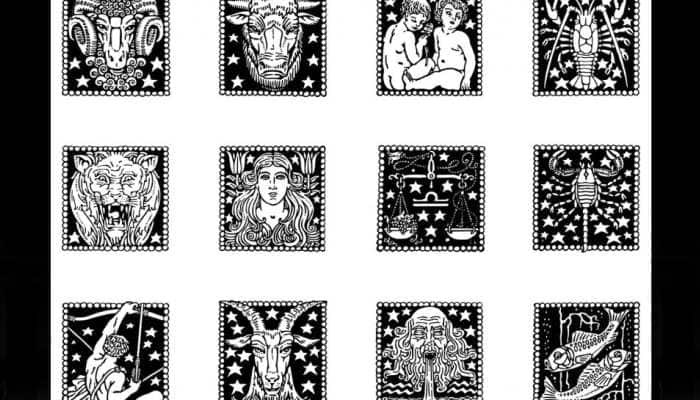Packed frozen Paratha to attract 18% GST, rules Gujarat Gujarat Appellate Authority for Advance Ruling
In a similar ruling, the Karnataka bench of AAR had in 2020 in the case of Bengaluru-based ID Fresh Foods ruled that 'frozen parotas' need further processing before consumption and hence 18 per cent GST should be levied on it.
- Packed frozen 'Paratha' is not 'roti or chapatti', ruled Gujarat Appellate Authority for Advance Ruling
- Gujarat AAAR said that such paranthas are not eligible for 5 per cent Goods and Services Tax (GST) rate
- Ahmedabad-based Vadilal Industries had approached the AAAR against the Gujarat-Authority for Advance Ruling (AAR) order passed in June 2021
Trending Photos
) 'Rotis can be consumed directly, but the parathas manufactured by the company require to be cooked before consumption.'
'Rotis can be consumed directly, but the parathas manufactured by the company require to be cooked before consumption.' Packed frozen 'Paratha' is not 'roti or chapatti' as it requires further cooking before consumption and despite wheat flour being the 'common thread' there are other ingredients used in making parathas, said an order by the Gujarat Appellate Authority for Advance Ruling. Such parathas, whether named Malabar, Mixed vegetable, Onion, Methi, Alu, Laccha, Mooli or Plain, have ingredients like margarine, salt, emulsifying agent, oil, potato, peas, cauliflower, coriander powder, bread improver and water, apart from wheat flour, which make 'quite different' from plain roti or chapatti and hence are not eligible for 5 per cent Goods and Services Tax (GST) rate, the ruling said.
The percentage of wheat flour used by Vadilal Industries, which had approached the AAAR, in the eight varieties of paratha manufactured and supplied by it ranges from 36-62 per cent, whereas the ingredient for plain roti or chapatti is wheat flour apart from water. Further, rotis can be consumed directly, but the parathas manufactured by the company require to be cooked before consumption, it added.
Also Read: 'An Insult': Spanish daily slammed for using snake charmer to portray India's economic growth story
Ahmedabad-based Vadilal Industries had approached the AAAR against the Gujarat-Authority for Advance Ruling (AAR) order passed in June 2021, which observed that parathas sold by the company are not like Khakhra, plain chapatti or roti, which are ready for consumption goods and thus ruled that an 18 per cent GST should be levied on such food items.
In a similar ruling, the Karnataka bench of AAR had in 2020 in the case of Bengaluru-based ID Fresh Foods ruled that 'frozen parotas' need further processing before consumption and hence 18 per cent GST should be levied on it. Also, the Kerala bench of the AAR, ruling in the case of Modern Food Enterprises in 2021 said that frozen 'parota' should be classified under the 18 per cent GST tax bracket.
"The Parathas supplied by the appellant (Vadilal Industries) are different from plain roti or chapatti and cannot be treated as or covered under the category of plain roti or chapatti," the Gujarat bench of AAAR ruled on September 15, 2022, while observing that an 18 per cent GST should be levied on such items.
KPMG tax Partner Abhishek Jain said disputes in the classification of goods have been routine across various tax laws since time immemorial, and have been a pain point for businesses. To understand the correct classification various principles are evaluated, such as substance over form, technical literature of the product, understanding in common parlance, etc.
"While AARs have given clarity on various classifications and disputes since the inception of GST, the judgements sometimes vary from one state to another. The need in today's time is to set up a Central AAR to resolve such conflicts, and ensure uniform applicability across the nation, as is the vision of the GST law," Jain added.







)
)
)
)
)
)
)
)
)
)
